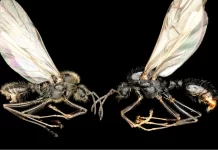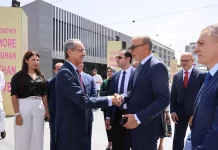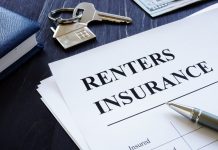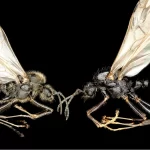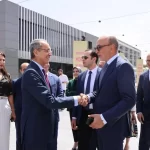Vancouver city council will decide at the end of this month whether to increase the empty homes tax to five per cent of the assessed value of vacant homes.
The tax was conceived by the Coalition of Progressive Electors in 2014 and introduced in 2017 by Vision Vancouver at the rate of one per cent. This required provincial government approval to amend the Vancouver Charter to allow the tax to be created.
In the 2018 municipal election campaign, mayoral candidate Kennedy Stewart promised to triple the tax, and, when he won later that year, set about making good on the promise.
The tax was increased to 1.25 per cent in 2020 and to three per cent in 2021.
According to the most recent empty homes tax report (that includes activity up to Nov. 1, 2021), it costs the city $2.5 million a year to operate the program.
From 2017 to 2020 the number of vacant homes in the city fell by more than 25 per cent, and since the tax was launched more than $86.6 million has been diverted to affordable housing initiatives.
There were 1,627 vacant homes taxed in 2020, compared with 2,193 taxed in 2017. This means that those homeowners would rather pay the tax than rent out their properties. On a home with an assessed value of $5 million, the tax is presently $150,000 and would increase to $250,000 under the proposed new regime.
Most vacant properties are condos in the West End and downtown core. The neighbourhood with the fewest empty homes is Sunset.
In 2020 the city charged $37.9 million in taxes and penalties and collected $27.9 million (just under 75 per cent).
With another municipal election six months away, Stewart is again using the tax as part of his campaign strategy. On April 26 he will introduce a motion to council seeking an increase of the tax to five per cent. Stewart’s main opponents in the October election are Ken Sim (A Better City) and current city councillor Colleen Hardwick (Team).
“We still have hundreds of homes declared vacant, and thousands more empty homes claiming exemptions,” Stewart said in a news release issued Wednesday. “While boosting the rate to five per cent should get more empty homes occupied by residents, we must increase audits and inspections to further clamp down on speculators.”
His goal would be to increase audits — that are investigations to see whether the home is empty more than six months a year — by 50 per cent.
Stewart said in his statement that the tax was aimed at returning “more homes to locals”.
The B.C. government also charges a vacancy tax.
Whether the mayor’s motion is supported remains to be seen.
On Wednesday night, Stewart didn’t show up for a crucial vote on a motion put forward by COPE Coun. Jean Swanson to investigate the creation of a progressive property tax system that would see the owners of more valuable homes pay proportionally more than owners of lesser-value homes.
The vote went five in favour and five against and, without the mayor’s vote, failed and so will not be able to be introduced again for a year.
The five councillors that were in support of the progressive property tax motion will be needed to support Kennedy’s vacancy tax motion.
In the 2018 election, Stewart was elected as an Independent (with federal NDP pedigree). There were five Non-Partisan Association councillors (Rebecca Bligh, Melissa De Genova, Lisa Dominato, Colleen Hardwick and Sarah Kirby-Yung); three Green party councillors (Adriane Carr, Pete Fry and Michael Wiebe); one COPE (Swanson); and one from One City Vancouver (Christine Boyle).
Loosely, this meant there were six potential left-leaning votes and five potential right-leaning votes in any matter.
Since then, four of the five NPA councillors have defected and three are aligned with Sim’s ABC party (Bligh, Dominato and Kirby-Yung), while Hardwick has formed her own party.


